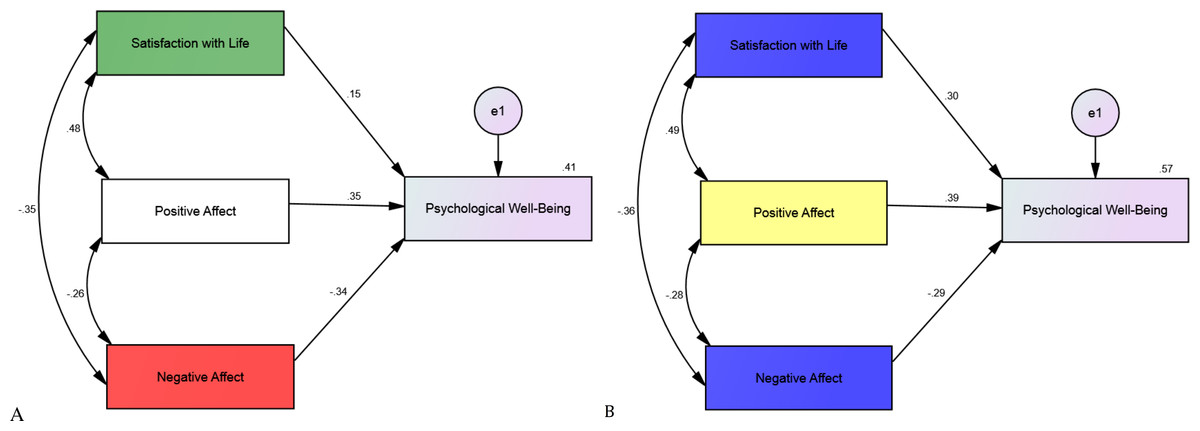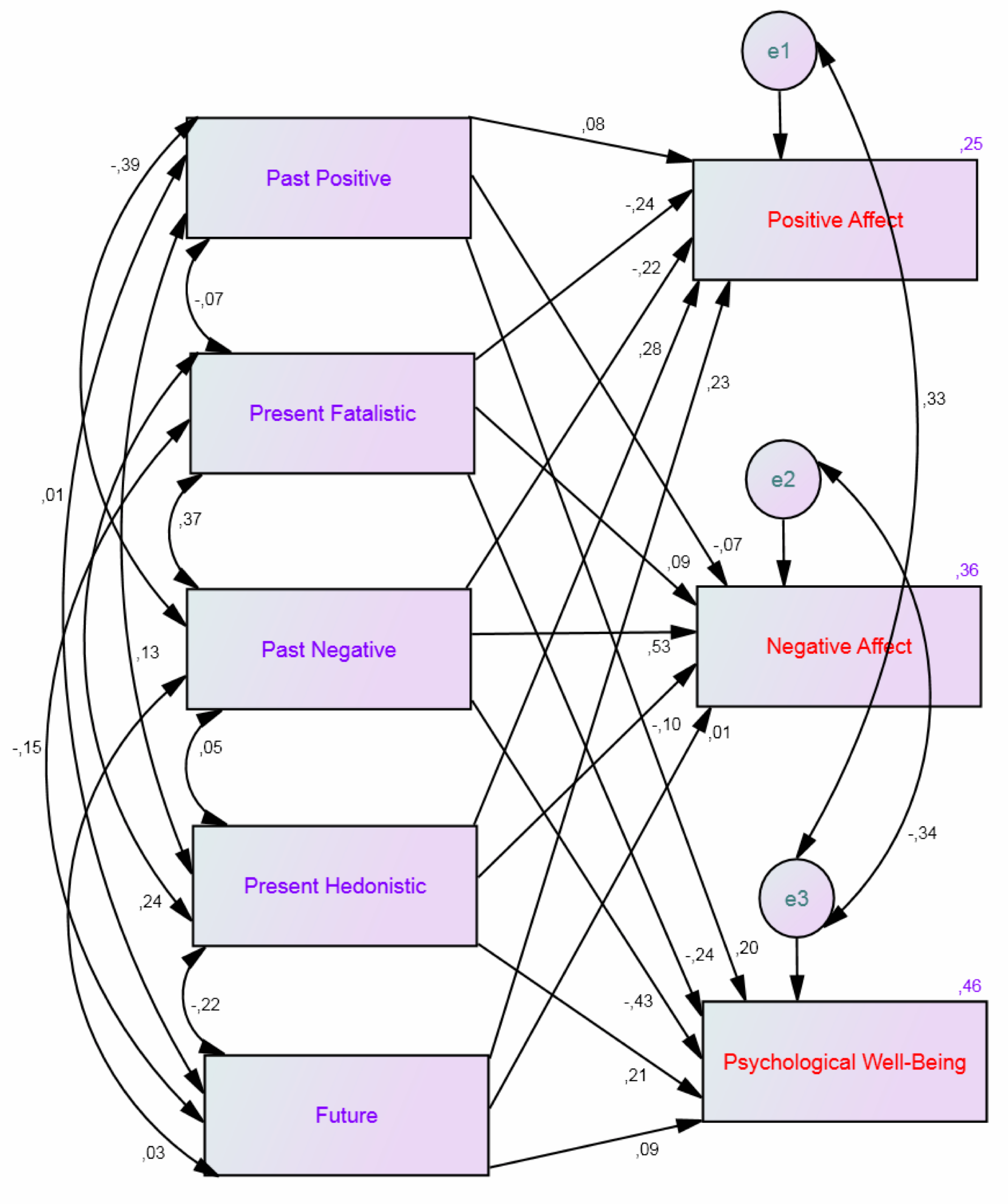There is a general form, as well as domain specific forms for work and relationships. More recently, questionnaires assessing not only need satisfaction, but also.
Outcomes and Experiences Measures The Wabash National Study measured both student outcomes and student experiences using the following instruments: Click the instrument link to view more information. Outcome Measures Experience Surveys If you are working with data analysis at a Wabash National Study institution, you might also be interested in the (PDF). For a detailed description of all the outcome instruments, see (PDF). Outcome Measures ) Critical Thinking Test The CAAP Critical Thinking Test is a 32-item, 40-minute instrument that measures students' skills in clarifying, analyzing, evaluating, and extending arguments. The Collegiate Assessment of Academic Proficiency is a national, standardized assessment program based on professional research and development by ACT. To see a sample of CAAP Critical Thinking Test questions, click (PDF).

Need for Cognition Scale (NCS) Developed by John T. Cacioppo and Richard E. Petty, the Need for Cognition Scale measures how much people enjoy engaging in effortful cognitive activities. Individuals who rank high in 'need for cognition' enjoy thinking and do it more often than individuals who rank low in this area and who only engage in careful thought when they have to. The scale has 18 items arranged in a Likert-scale fashion. Click for a more detailed overview of the NCS.
To download a copy of the scale, click. Miville-Guzman Universality-Diversity Scale – Short Form (M-GUDS-S) The M-GUDS-S is a 15-item multiple-choice questionnaire that measures student attitudes, cognitions, and behaviors regarding diversity.
Developed by Marie L. Miville, this instrument uses a 6-point Likert-type scale to assess student awareness and acceptance of both similarities and differences among people. A longer, 45-item version of this scale is also available.
Now you can search images on DirectX game with new fucntions/interface in the DLL. Granado espada bot free.

For questions about the scale, please email. Socially Responsible Leadership Scale (SRLS-R2) Developed by Tracy M. Tyree and designed as a tool for use in assessing college students’ participation in a process of socially responsible leadership, this 68-item instrument (version II) measures the eight C’s of the Social Change Model (SCM) for leadership development: consciousness of self, congruence, commitment, collaboration, common purpose, controversy with civility, and citizenship. These seven fall around one central value, change. For more information about the SRLS-R2 visit the National Clearinghouse for Leadership Programs. The Defining Issues Test (DIT-2) The Defining Issues Test (DIT-2) is an updated version of the DIT, a well-validated and widely used measure of moral reasoning.
It consists of five social problems to which participants respond. For more information about the DIT-2, visit the Center for the Study of Ethical Development. For a copy of the DIT-2, click (PDF). Ryff Scales of Psychological Well-Being Designed to measure six dimensions of psychological well-being: self-acceptance, environmental mastery, positive relations with others, personal growth, purpose in life, and autonomy. Click for a general review of the Ryff.
The Ryff Scales Of Psychological Well-being
To download a copy of the Ryff scales, click. Contribution to the Arts and Humanities Measures the importance students place on making a contribution to the arts and humanities. Click to download a copy of scale. Contribution to the Sciences Measures the importance students place on making a contribution to medicine or science. Click to download.
Political and Social Involvement Measures the importance students place on volunteering, promoting racial understanding, and influencing political structures. Click to download. Professional Success Measures the importance students place on entering a prestigious, high-status, well-paying occupation. Click to download. Openness to Diversity and Challenge Measures students’ interest in exploring diversity in culture, ethnicity, perspectives, values, and ideas.
Click to download a copy of scale. Academic Motivation Measures students’ interest in working hard, getting good grades, and engaging challenging intellectual material. Click to download. Positive Attitude toward Literacy Measures students’ enjoyment of reading and writing. Click to download. These last seven scales were empirically derived from the Wabash National Study Student Experiences Survey by Ernest T.
Factor Analysis
Pascarella and colleagues at the University of Iowa Center for Research on Undergraduate Education. For more information, see (PDF). Experience Surveys National Survey of Student Engagement Administered by the Indiana University Center for Postsecondary Research in cooperation with the Indiana University Center for Survey Research, the NSSE gathers information about students' participation in programs and activities offered by the institution. It is 'designed to assess the extent to which students are engaged in empirically derived good educational practices and what they gain from their college experience.' For more information, see (PDF). Click to see a sample copy of the NSSE (PDF). Student Experiences Survey Designed for the Wabash National Study by Ernest T.
Personality
Pascarella and colleagues at the University of Iowa's Center for Research on Undergraduate Education, this survey gathers information about students' academic and cocurricular experiences and activities. It contains questions about classroom experiences, interactions with faculty and peers, and students' values. Twenty-one of the items come from the CIRP (Cooperative Institutional Research Program) Survey. Click to see a copy (PDF) of the Student Experiences Survey.